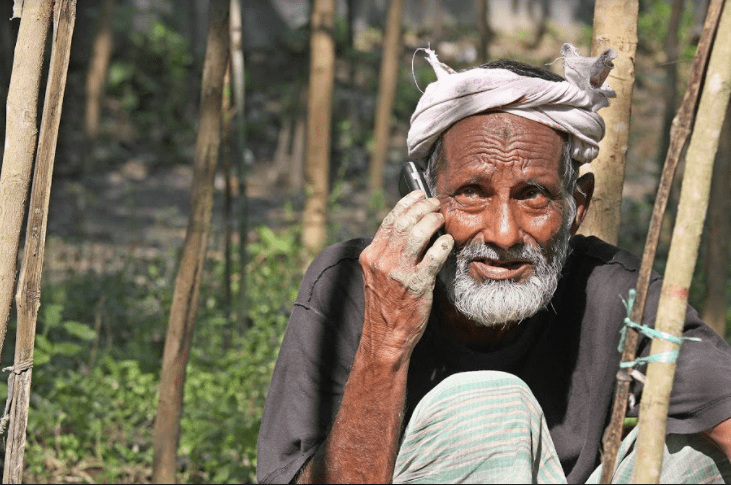The connection between financial inclusion and its impact on economic growth has become a major area of focus for national development.
Policymakers have begun making use of financial inclusion to implement strong policies in order to achieve sustainable economic growth. Services from the financial sector not only aid capital formation and access but also helps to encourage innovation, investment, and efficiency, which in return delivers economic growth.
Financial inclusion is the means through which adults access and effectively use a wide range of financial services. There has been a dire need to make use of it by policymakers and world leaders as more than two billion people globally have been financially marginalized recentyears,- causing depletion of economic stability as low-income employees, the uneducated individuals, and financially disadvantaged people were not able to access financial services. Hence, financial inclusion has attracted great interest from governments as it has been proven to turn around the tables in such troubling economic situations.
Gaining financial services can help build up struggling economies to stand up on their own and stabilize their position amongst other prospering countries.
Through financial services, people can finance their business activities, impacting their household income for the better, and be able to indulge in an improved lifestyle. With a steady stream of financial services, many households can venture into expanding business-related aspects, managing cash flow, and lessening the need to sell any assets in times of severe economic crisis.
Moreover, since people don’t need to sell assets, they are open to the possibility of building more onto these assets. This way, people from financially disadvantaged backgrounds can acquire land, improve circumstances within their households, purchase goods and livestock or even start their own business.
Security is also another factor that has caused much concern in developing states. According to FINCA, only one-fifth of the developing world utilizes financial institutions in order to keep money safe. With financial inclusion, we are provided with diverse methods to ensure that our money is kept safe. People are able to safely secure, grow and make use of their funds as long as they make sure they are keeping their savings in a trustworthy financial institution.
There are several leading figures in the professional sector who are working towards implementing financial inclusion in developing countries. For example, let us consider Tanvir A. Mishuk,- a Bangladeshi fintech entrepreneur who founded Nagad, which is one of the fastest-growing digital financial services within Bangladesh. As someone who has had a long-term career within the fintech industry, he holds a 15-year track record of delivering financial empowerment to small businesses towards market-leading corporate brands. His goal is to leverage fintech to enhance financial inclusion within Bangladesh by bringing the country’s marginal population, unbanked, and the underbanked population within the digital banking service.
His years of contribution have led him to believe that financial inclusion might be the key factor we need to implement to help developing countries improve faster than any other method previously applied.

